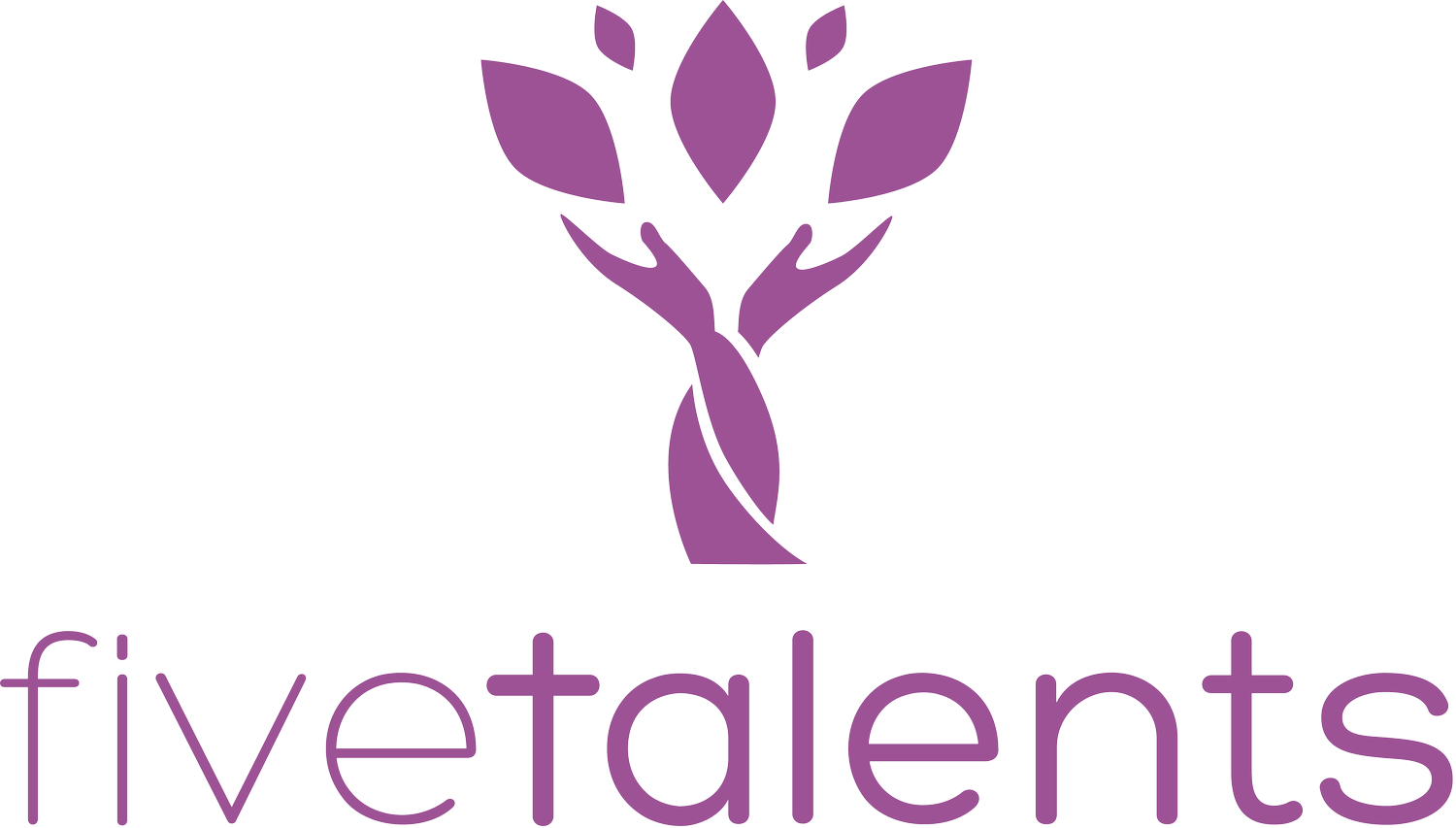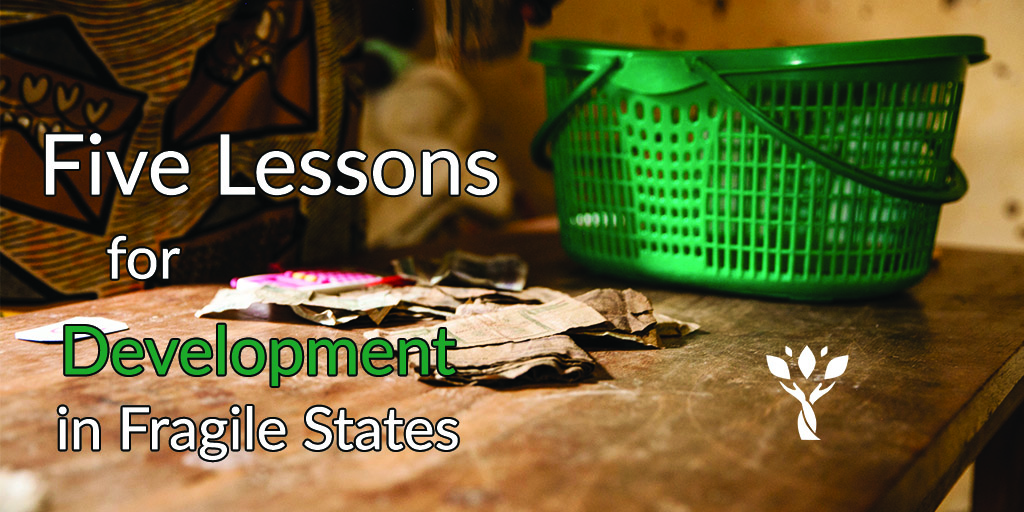When conflict strikes, development stalls. Around the world, insecurity is one of the greatest threats to economic growth. The poor are often most susceptible to security threats, and during economic crises the vulnerable move from a struggle for subsistence to a fight for survival.
South Sudan has ranked as the world’s most fragile state for three out of the past four years. Widespread insecurity, a lack of public services, and large numbers of refugees and internally displaced persons, have contributed to an extremely fragile state.
Amidst such conditions, many organizations have left. Many of those remaining focus their efforts on relief or emergency response rather than on long-term development or economic security. Is sustainable development even possible in such circumstances?
Above: Members of a Savings Group in Warrap State pose with their savings box after recording their weekly contributions. The keys to the three locks are held by different members chosen by their group.
Over ten years of working in South Sudan, Five Talents has honed an approach to community development that has resulted in thousands of new businesses, the development of community banks, and the empowerment of tens of thousands of women. Their work demonstrates that even in fragile states facing great crises, it is possible for the marginalized poor to flourish.
Reflecting on Five Talents’ work, five key lessons come to mind for empowering the poor in fragile, conflict states:
1. Partner with trusted, local institutions.
Above: Women gather during a savings group meeting in South Sudan.
Trust is the basis for social capital and a solid foundation for economic development. In even the most divided and desperate contexts there are local institutions that garner immense trust and respect within their communities. In South Sudan, the Episcopal Church is one of the most trusted civil society organizations and serves an estimated 3.5 million members- reaching nearly every community across the country. Five Talents has chosen to work with the women’s ministry network of the Episcopal Church to implement programs through respected indigenous partners.
2. Put communities first.
Five Talents uses a community-first method that emphasizes relationships rather than transactions. Members form savings groups with neighbors and friends and make regular contributions, starting with as little as 50 cents per week. After an initial cycle of savings, loans are available for business development with an average of 1% interest per month. By using a communal meeting approach, community managed accounting processes, and group loan guarantees, each member is encouraged, supported, and held accountable to success by the whole group. The result is a 98% repayment rate.
Above: Directors of the South Sudan Community Bank in Kuajok.
3. Equip local management and ownership.
Five Talents savings groups and community banks are all locally owned and managed. Members develop their own constitutions and rules of operation with advice from a local mentor on best practices. Joint ownership brings communities together and has provided a powerful tool for reconciliation.
4. Empower women as change agents.
Above: Joyce is a Savings Group Member, Literacy Graduate, and Entrepreneur who has built her own successful business.
Despite a history of marginalization, women hold an oversized role in South Sudan as caregivers, teachers and champions of peace and development. Eighty percent of Five Talents savings group members are women, many of whom are single mothers or widows of war. By starting with literacy and financial literacy programs, Five Talents helps women develop confidence and skills to become leaders for development in their communities. After developing literacy and business skills, many women become leaders within their communities.
5. Mobilize local resources.
Much of the microfinance world is driven by microcredit rather than microsavings. The credit-led approach has been criticized for introducing debt, funding consumption, and inhibiting the development of healthy, local systems for financing. In contrast, Five Talents focuses on mobilizing local assets. This involves a business development method of asset mapping and raising local resources through community savings. Small groups of 10-20 members save and invest together and learn to utilize local assets for businesses that can serve and grow with their communities.
This is what your development dollar does in South Sudan through Five Talents:
$85 empowers one family with financial literacy, business skills training, and access to community financial services.
$500 supports a community facilitator to train and monitor savings groups among displaced communities
$1,000 equips an entire community savings group through one year of training, development, and mentoring.
Make your BIGGEST impact IN THE WORLD's MOST FRAGILE STATE:
Note: This article was initially published with the World Bank as part of the Community Connections Campaign.






